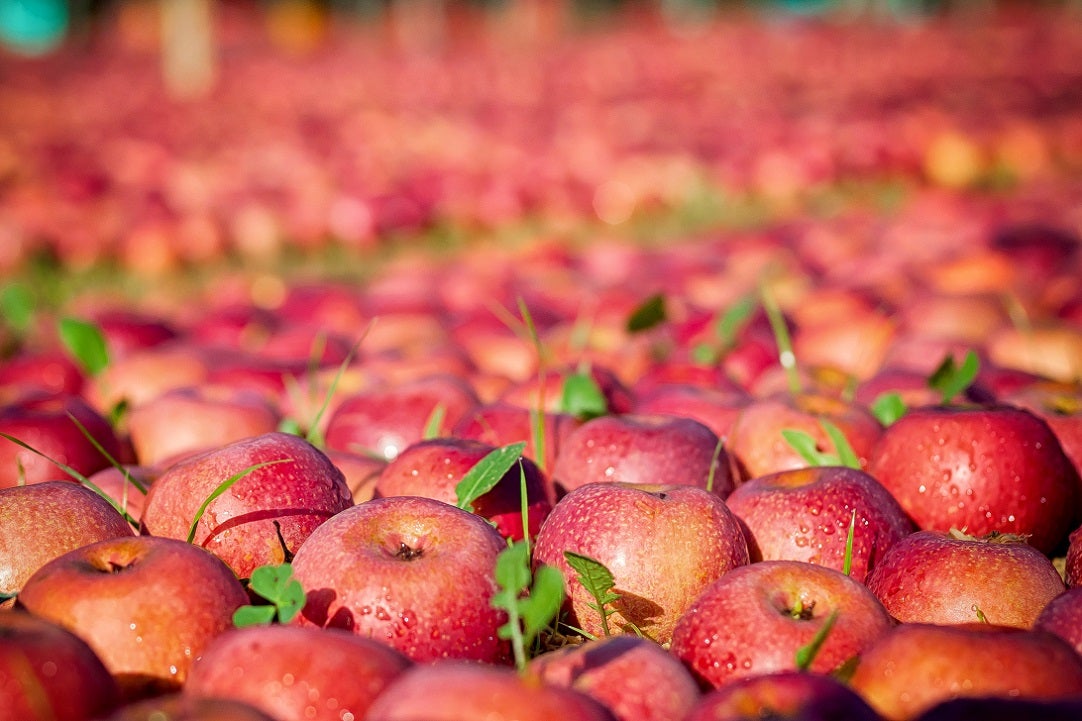
A further delay to post-Brexit border checks on fruit and vegetables imported into Great Britain from the EU has been announced by the UK government.
The physical checks are necessary now that the UK is no longer part of the EU single market for trade. However, the Department for Environment, Food and Rural Affairs (Defra) said on Friday (13 September) that the date for their implementation, already delayed several times, has been pushed back from January 2025 to 1 July 2025.

Discover B2B Marketing That Performs
Combine business intelligence and editorial excellence to reach engaged professionals across 36 leading media platforms.
The move has been welcomed by UK trade body the Fresh Produce Consortium (FPC), which described the decision as a “monumental victory for the UK food industry”.
Explaining the decision to delay the border checks, and associated fees, Defra said: “This easement is a temporary measure to ensure that new ministers have a full and thorough opportunity to review the planned implementation of further border controls and an opportunity to listen to businesses across import supply chains.”
Defra has also changed the risk categorisation of certain plants and plant products, including deregulation of certain products, following “further scientific review of commodities across all plant and plant product risk categories”.
Seven commodity groups (including apples and pears) will be re-categorised from medium risk to low risk, allowing these goods to move freely into the country from the EU, Switzerland and Liechtenstein.

US Tariffs are shifting - will you react or anticipate?
Don’t let policy changes catch you off guard. Stay proactive with real-time data and expert analysis.
By GlobalDataThese changes will come into force on 30 January 2025.
The first phase of the country’s new border model came into force on 31 January. A second phase started on 30 April, introducing physical checks for products such as chilled and frozen meat, fish, cheese, eggs, dairy products and certain cut flowers and seeds.
UK food industry bodies, including the British Meat Processors Association, have warned about the increased costs mnaufacturers will face as a result.
The FPC has estimated that the additional border checks on fruit and vegetables will add costs of £200m ($263m) to the industry and has warned this could mean higher prices for consumers.
In a statement issued today (16 September), the trade body’s chief executive Nigel Jenney said: “We are thrilled that the new government has heeded the industry’s concerns and proactively implemented many of the changes we proposed. The delay in border checks and the waiver of fees until July 2025 is a particularly significant win, both for the industry and for consumers.”
Addtionally, Jenney estimates that the re-categorisation Defra announced will exempt 80% of all fruit and vegetables from Europe from the new border checks.
However, he warned that the FPC’s work is far from over. “We still have a long way to go,” he stated.
“We need control points to be fully authorised and available by 1 July and at the same time we need authorised operator status available and effective by the go-live date, which will minimise the cost to industry and to hard-pressed consumers.”
Jenney added: “We are eager to collaborate with the new government to develop efficient and effective solutions. We commend the government for listening to the industry and adopting pragmatic, efficient, and bio-secure measures that we have long championed.”
Last month, a body representing the UK food industry wrote a letter of complaint to the government saying a lack of testing capacity at the border means some EU imports are being sent back for checks.





